Research expedition visits plastic pollution hotspot

More than 2 years after Henderson Island was found to have the 'world's highest’ recorded density of plastic rubbish scientists returned for another research expedition last June

More than 2 years after Henderson Island was found to have the 'world's highest’ recorded density of plastic rubbish scientists returned for another research expedition last June
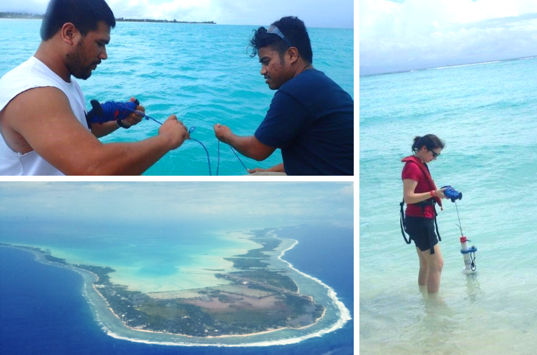
A group of scientists visited Tarawa, Kiribati, to carry out a vital water quality survey
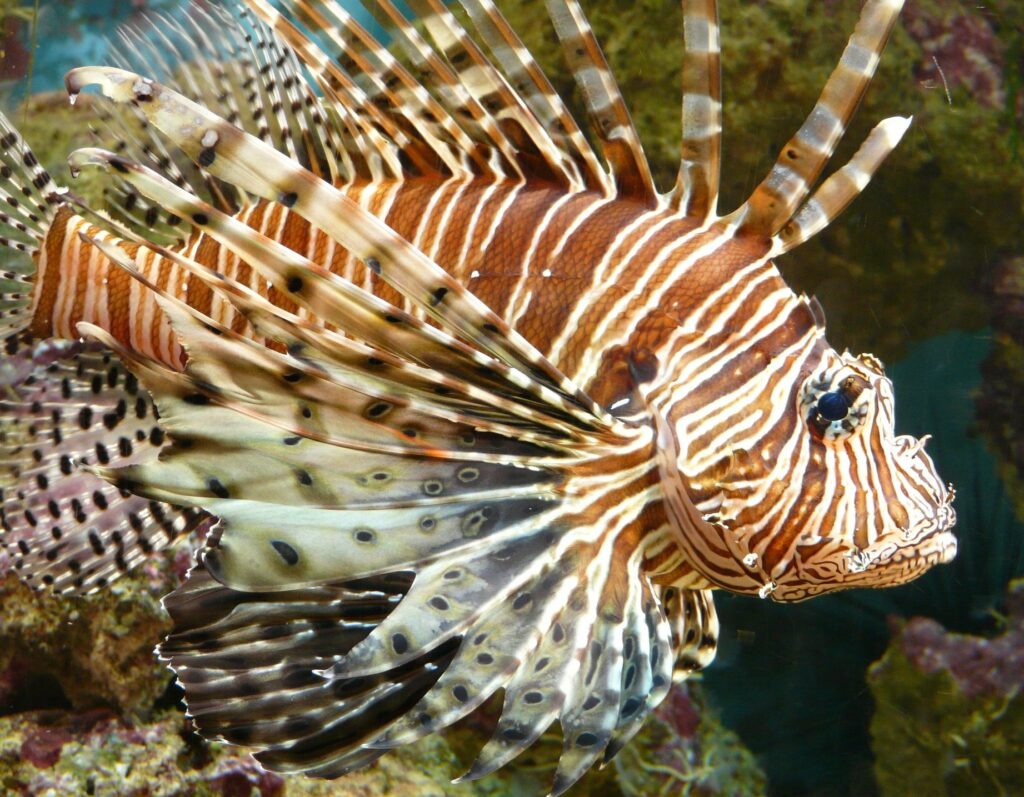
The lionfish was the first invasive marine fish to become established in the waters off Florida . There has been much speculation as to whether the species was accidentally or deliberately released, by whom and when. There is a report that …
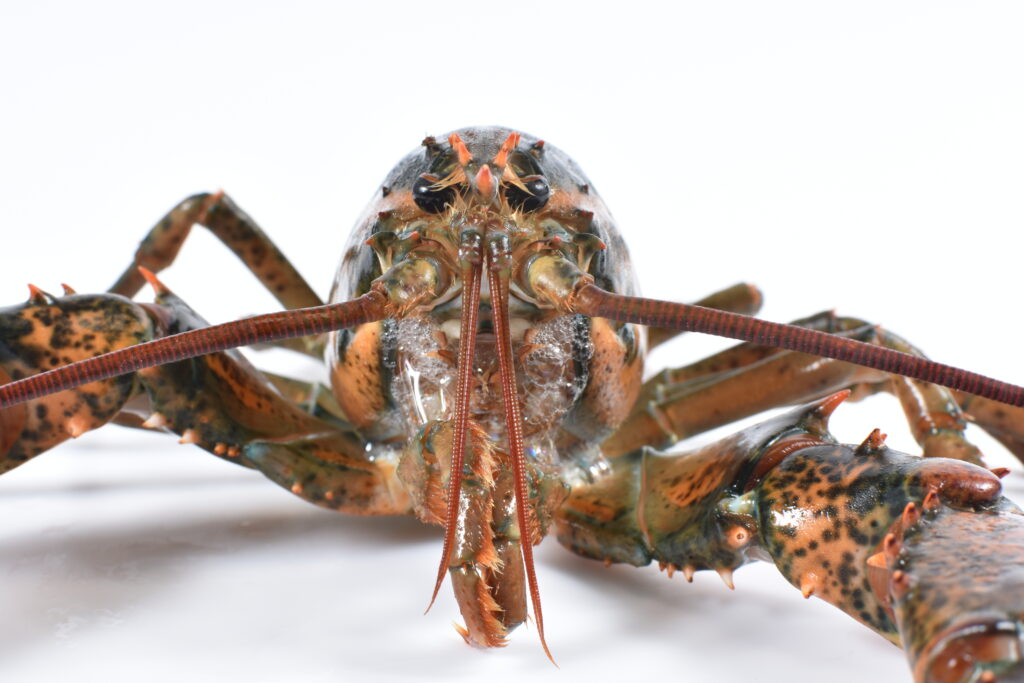
Non-native species are those which are not native to an environment but have been introduced either by humans. Some live happily without upsetting the environment, but others have a competitive advantage and might be able to out-hunt, out-breed or otherwise …
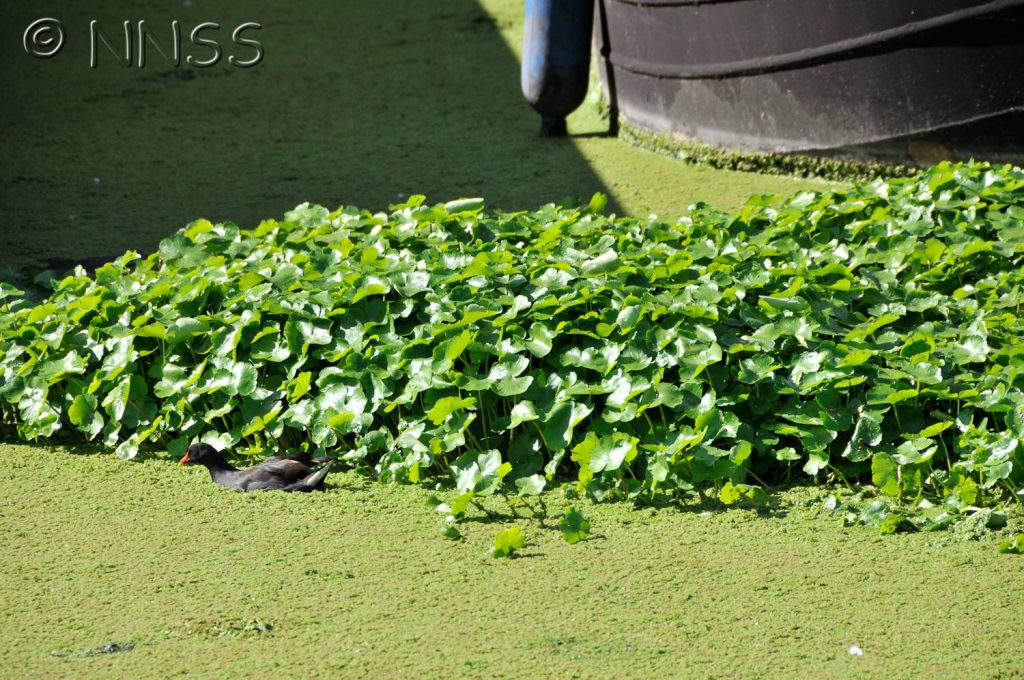
Non-native species are those which are not native to an environment and usually introduced by human activity. Some live happily without upsetting the environment, but others have a competitive advantage and might be able to out-hunt, out-breed or otherwise impact …
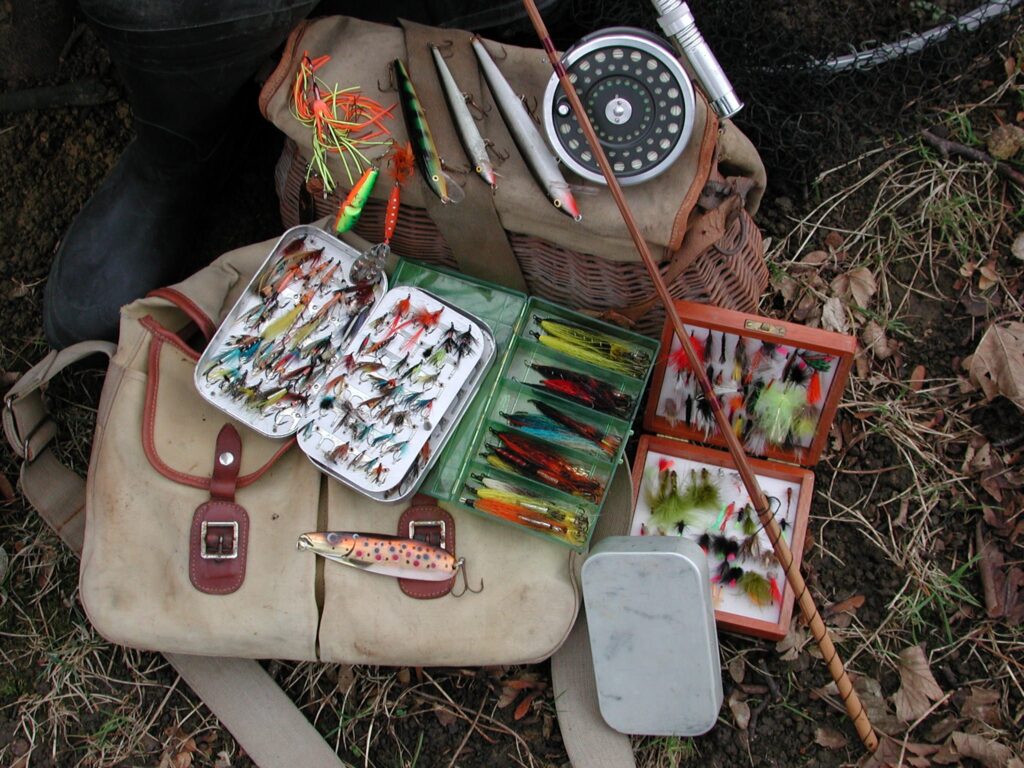
Non-native species are those which are not native to an environment and usually introduced by human activity. Some live happily without upsetting the environment, but others have a competitive advantage and might be able to out-hunt, out-breed or otherwise impact …
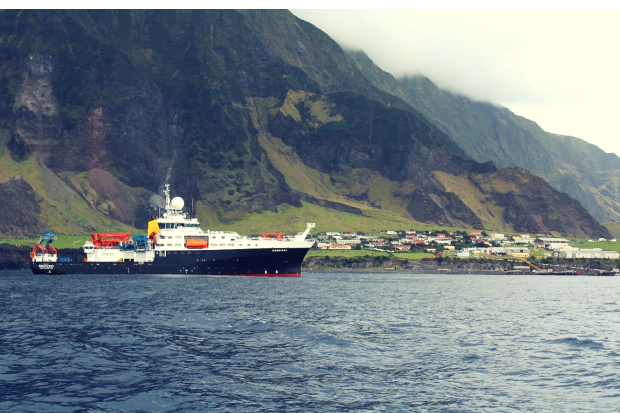
Last month scientists travelled to the world’s remotest inhabited island to survey the marine environment.
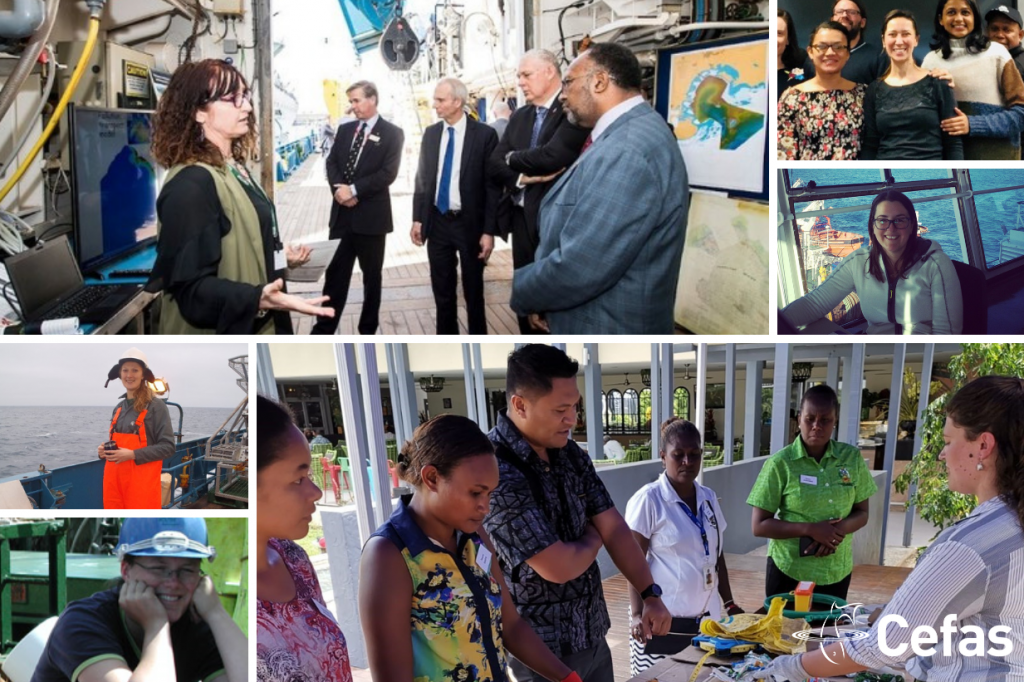
Today is international women’s day! In celebration of the annual event we’re learning more about some of the female scientists in Cefas.
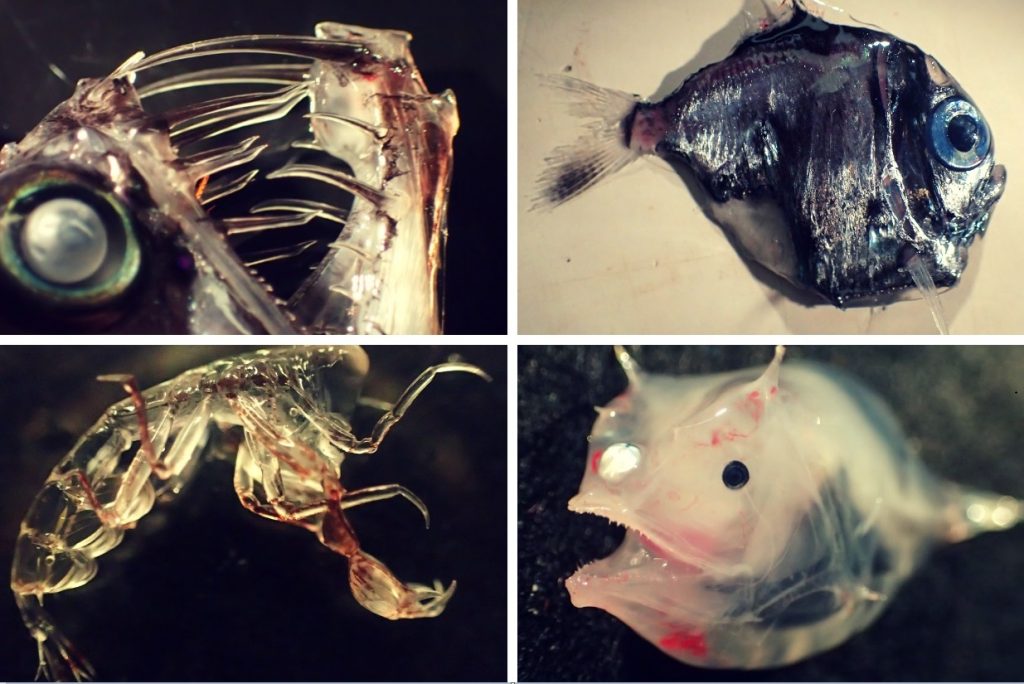
Find out what the team will be doing to study some of the remotest marine environments on Earth.
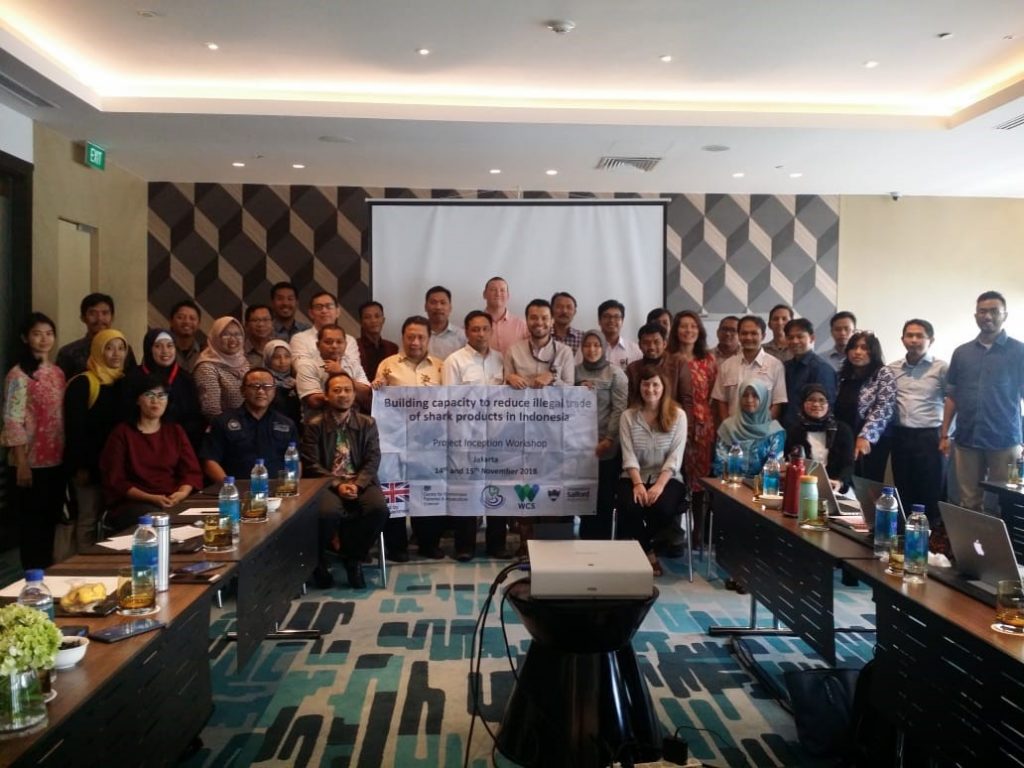
An update on Cefas' work tackling the illegal trade of sharks and rays in the world’s largest shark fishing nation.